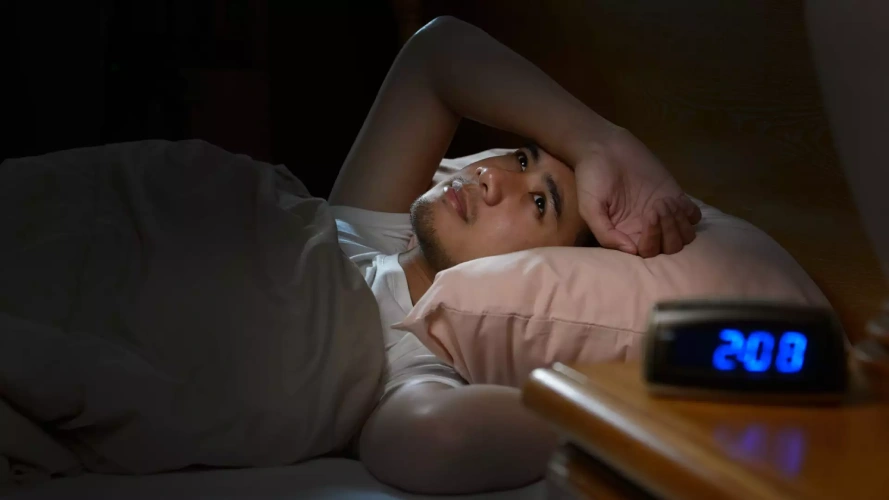Introduction:
In today’s fast-paced world, quality sleep has become a precious commodity. However, a good night’s rest is crucial for our physical health, mental well-being, and overall productivity. Unfortunately, many individuals struggle with insomnia, a common sleep disorder that can significantly impact their daily lives. In this article, we will explore effective tips for achieving better sleep and discuss various remedies for combating insomnia.
Establish a Sleep Routine:
Creating a consistent sleep routine helps regulate your body’s internal clock, making it easier to fall asleep and wake up naturally. Set a fixed bedtime and waking time, even on weekends. This routine conditions your body to expect sleep at a specific time, ensuring a more restful night.
Create a Sleep-Friendly Environment:
Your bedroom should be a sanctuary for sleep. Consider the following factors:
a) Comfortable Bedding: Invest in a comfortable mattress, pillows, and breathable sheets to create a cozy sleep environment.
b) Ambient Noise: Eliminate disruptive sounds by using earplugs or a white noise machine to create a peaceful atmosphere.
c) Optimal Temperature and Lighting: Keep your bedroom cool, dark, and well-ventilated. Consider using blackout curtains or an eye mask to block out any unwanted light.
Reduce Screen Time Before Bed:
The blue light emitted by electronic devices can interfere with your sleep cycle. To promote better sleep:
a) Establish a Digital Curfew: Avoid using screens at least one hour before bedtime. Engage in relaxing activities such as reading a book or taking a warm bath instead.
b) Use Night Mode: Enable night mode or use blue light-filtering apps on your devices to reduce the exposure to stimulating light.
Manage Stress:
Stress and anxiety are common culprits behind sleep problems. Implement stress-management techniques to calm your mind before sleep:
a) Relaxation Techniques: Practice deep breathing exercises, progressive muscle relaxation, or meditation to reduce stress levels.
b) Journaling: Write down your worries or concerns before bed to clear your mind and promote a sense of calmness.
Regular Exercise:
Engaging in regular physical activity can improve sleep quality. However, avoid intense workouts close to bedtime, as it may leave you too energized to sleep. Aim for at least 30 minutes of exercise earlier in the day to promote better sleep.
Watch Your Diet:
What you eat and drink can significantly impact your sleep. Consider the following tips:
a) Limit Caffeine Intake: Avoid consuming caffeine-containing beverages like coffee, tea, or energy drinks late in the day, as they can interfere with sleep.
b) Avoid Heavy Meals and Alcohol: Large, heavy meals and alcohol can disrupt your sleep patterns. Opt for light, balanced dinners and limit alcohol consumption, particularly close to bedtime.
Natural Remedies for Insomnia:
If you struggle with insomnia, try these natural remedies:
a) Herbal Teas: Chamomile, valerian root, and passionflower teas have calming properties that can promote sleep. Enjoy a cup before bedtime.
b) Aromatherapy: Essential oils like lavender, bergamot, or chamomile can help induce relaxation. Use a diffuser or add a few drops to your pillowcase.
c) Melatonin Supplements: Melatonin is a hormone that regulates sleep-wake cycles. Consult with a healthcare professional to determine if melatonin supplements are appropriate for you.
Seek Professional Help:
If your sleep problems persist despite trying these tips, it is important to consult a healthcare professional or a sleep specialist. They can assess your situation and provide further guidance or suggest additional treatment options if necessary.
Conclusion:
Achieving restful, rejuvenating sleep is essential for our overall well-being.
![]()





